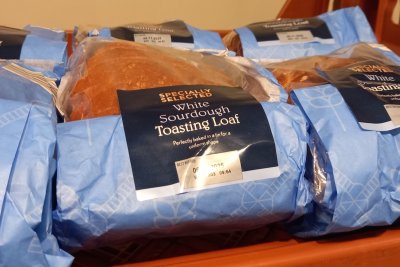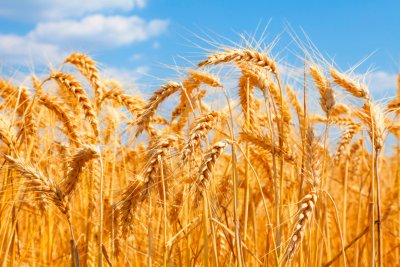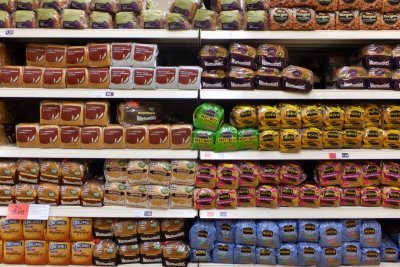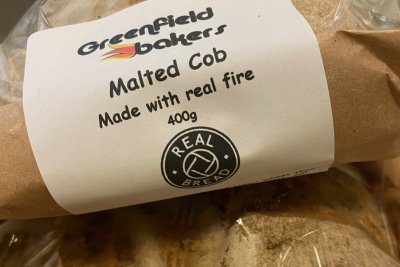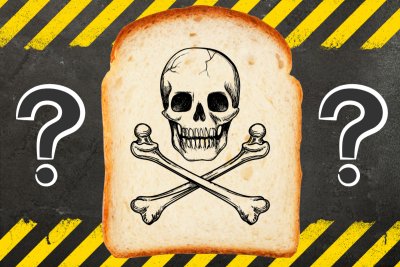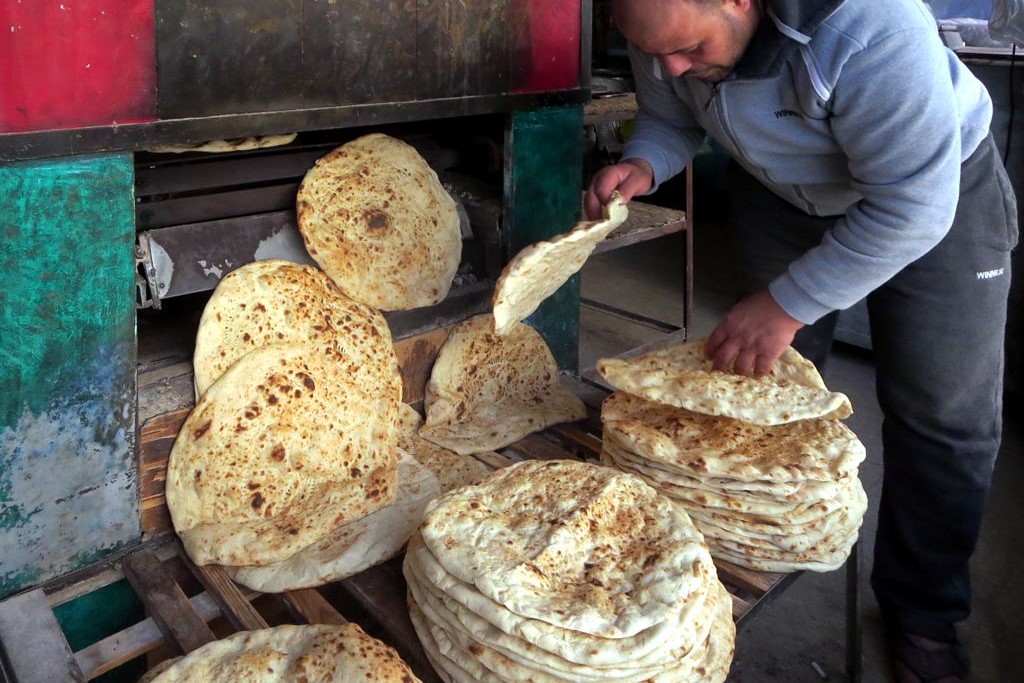 Fourteen thousand years later...a flatbread baker in Jordan by David Stanley CC-BY-SA-2.0
Fourteen thousand years later...a flatbread baker in Jordan by David Stanley CC-BY-SA-2.0

Paleo pitta
Archaeobotanists in Jordan have found evidence of bread making that could date as far back as 14,400 years ago, predating the previously accepted origins of the food by around 4000 years.
As the researchers note in the abstract from Archaeobotanical evidence reveals the origins of bread 14,400 years ago in northeastern Jordan, published by PNAS in July, 2018:
The origins of bread have long been associated with the emergence of agriculture and cereal domestication during the Neolithic in southwest Asia. In this study we analyze a total of 24 charred food remains from Shubayqa 1, a Natufian hunter-gatherer site located in northeastern Jordan and dated to 14.6–11.6 ka cal BP. Our finds provide empirical data to demonstrate that the preparation and consumption of bread-like products predated the emergence of agriculture by at least 4,000 years.
From at least 642 lumps of charred food remains found in a fireplace dated to have been used during the Epipalaeolithic period, at some time between 14,400 and 14,200 years before present, the researchers looked at 24 samples they categorised as ‘bread-like’. Analysis of the composition and structure of the samples led them to conclude that the samples were ‘unleavened flat bread-like products’, variously made from combinations of wheats (including wild einkorn, Triticum boeoticum), millets, barley, rye, oat club-rush tubers, which had been ground, then sieved and/or winnowed, mixed with water, worked into a dough and then baked on hot stones or in the ashes of the fire.
The team speculate that the reasons for the Natufian hunter-gatherers investing time and effort into turning grains and tubers into bread may have been linked to improved nutritional value and taste; convenience of a portable, pre-made food for travelling; or for symbolic purposes, such as feasting and impressing guests. They add that ‘cereal-made products such as bread were probably not routinely consumed foodstuffs or dietary staples’.
In their conclusions, the reseachers note:
Baking represents an important step forward in human subsistence and nutrition, and we here demonstrate that Natufian hunter-gatherers already practiced it. However, to explore when baking of foodstuffs such as bread developed the systematic analyses of charred food remains from contemporary, as well as previous Epipaleolithic hunter-gatherers sites should be carried out in the future.
Real Bread Campaign: Finding and sharing ways to make bread better for us, our communities and planet.
Sustain
The Green House
244-254 Cambridge Heath Road
London E2 9DA
020 3559 6777
sustain@sustainweb.org
Sustain advocates food and agriculture policies and practices that enhance the health and welfare of people and animals, improve the working and living environment, promote equity and enrich society and culture.
© Sustain 2025
Registered charity (no. 1018643)
Data privacy & cookies
Icons by Icons8

